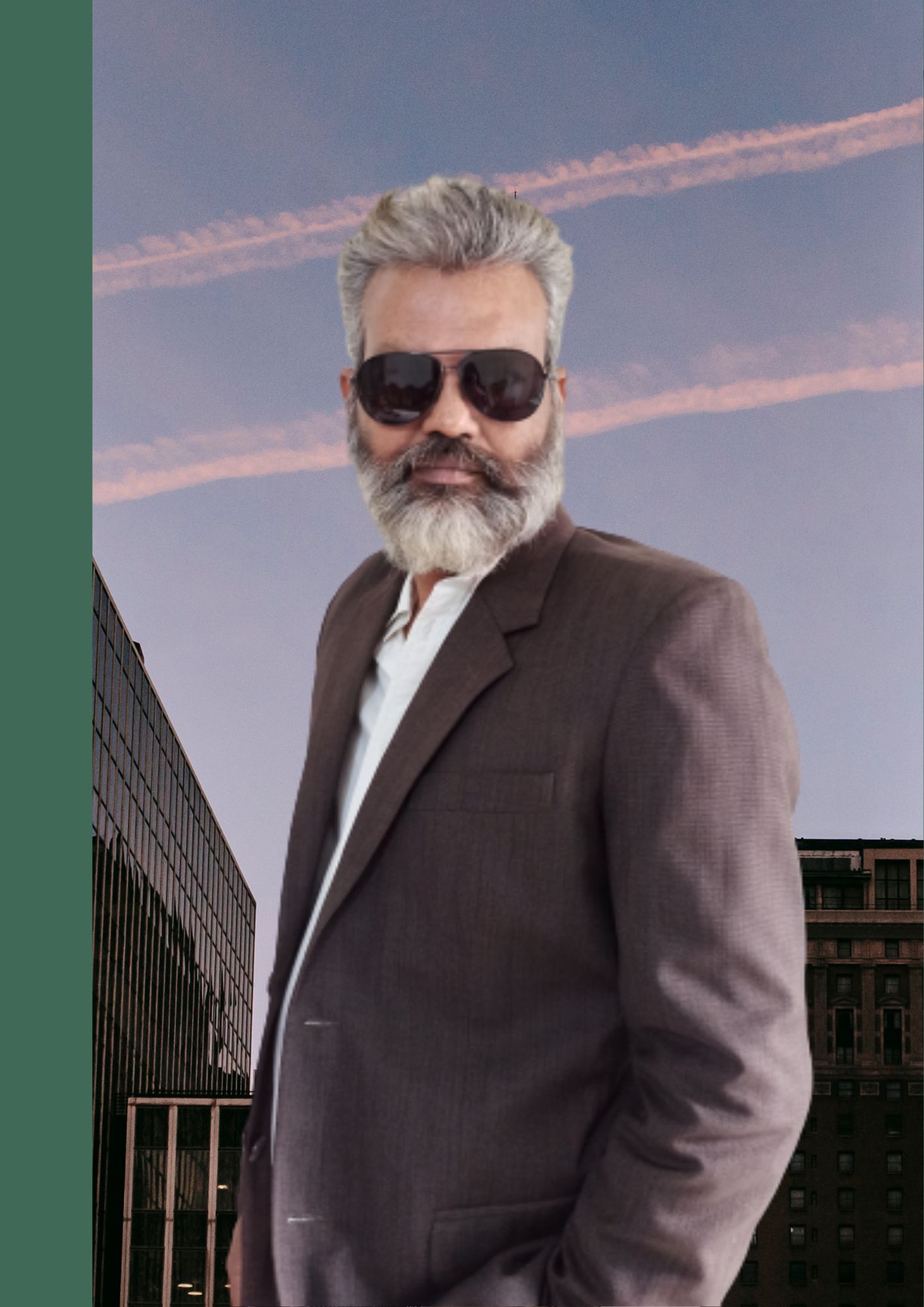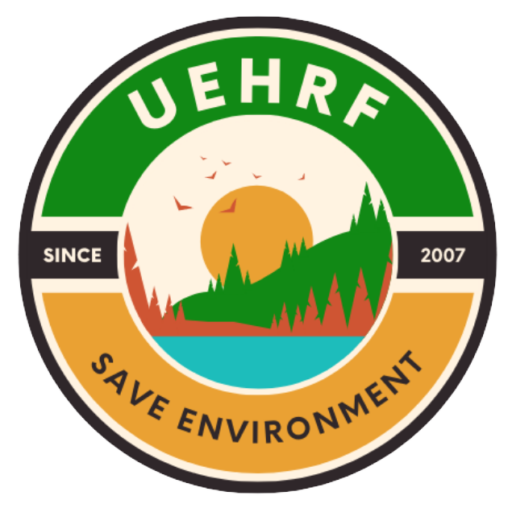About Our Organization
ABOUT
The Universal Environmental Human Rights Foundation (UEHRF) is a leading community-based, non-profit, environment and development-focused non-government organization committed to maintaining ecological balance and harmony between humans and nature. UEHRF was established to solve complex environmental and social problems in Bangladesh together with local people through respecting local knowledge and culture. They have been working with local people to identify and solve complex environmental and social problems of Bangladesh for the past 17 years.
WHO WE ARE
UEHRF is a youth focused development organization having non-profit, nongovernment, and nonpolitical natures, started life in 2007 with the initiation of a group of educated, dedicated social workers with an aim to promote the socio-economic and social status and living standards of the poor and vulnerable communities, especially youth, women and children through their capacity building, awareness-raising, group formation and intervening with felt need-based problem-solving programs by adopting innovative ideas and strategic communication. UEHRF believes in non-directive, bottom-up, participatory, and integrated development frameworks and acts as a catalyst with its beneficiaries.
OUR MISSION
The mission of UEHRF is to establish a human rights-oriented environment that provides spaces for achievable development in access to education, health, livelihood, policy support for women, children, and youth, sustainable environment, economy, and justice for the poor and vulnerable communities.
OUR VISION
UEHRF envisions improving the lifestyles of disadvantaged communities through access to human rights, health service, legal protection, education, choice of living, livelihood opportunities, and other social supports to ensure non-discrimination, gender equality, social justice, and peace.
Message from the Chief
Established on July 11, 2007 when an enlightened group of environmentalists, activists, academics, researchers and nature lovers came together from different disciplines and areas of society with the idea of advocating to protect the ever-degrading environment and ecosystem of Bangladesh for establishing a unique organization UEHRF to work with the grassroots-level. The organization promotes the long-term co-existence of people and natural ecosystems on our planet, creating harmony among all living beings. The strategy of UEHRF is to establish networking and partnership among local, national and international government and non-government organizations, individuals, donors, research institutes, universities for solving the regional social and environmental problems by the local people without harming the ecosystem.

LEGAL STATUS
The Universal Environmental Human Rights Foundation has been working for the welfare of the needy and helpless humanity in Bangladesh since 2007. Universal Environmental Human Rights Foundation began its journey in 2007 As a Non-profit organization had appeared in bangladesh. Society Act, 1860, in favor of the People’s Republic of Bangladesh with valid authorization. [Gov.Reg. No: S-6846 (34) 2007]. and Nonprofit Corporation is listed on Oct 19 2020 From the U.S. Secretary of State Wyoming [Original ID: 2020-000952613]
YOUR BIRTHDAY WISH CAN CHANGE A LIFE
Donate your Birthday to Celebrate the Birthdays of Underprivileged Children.
